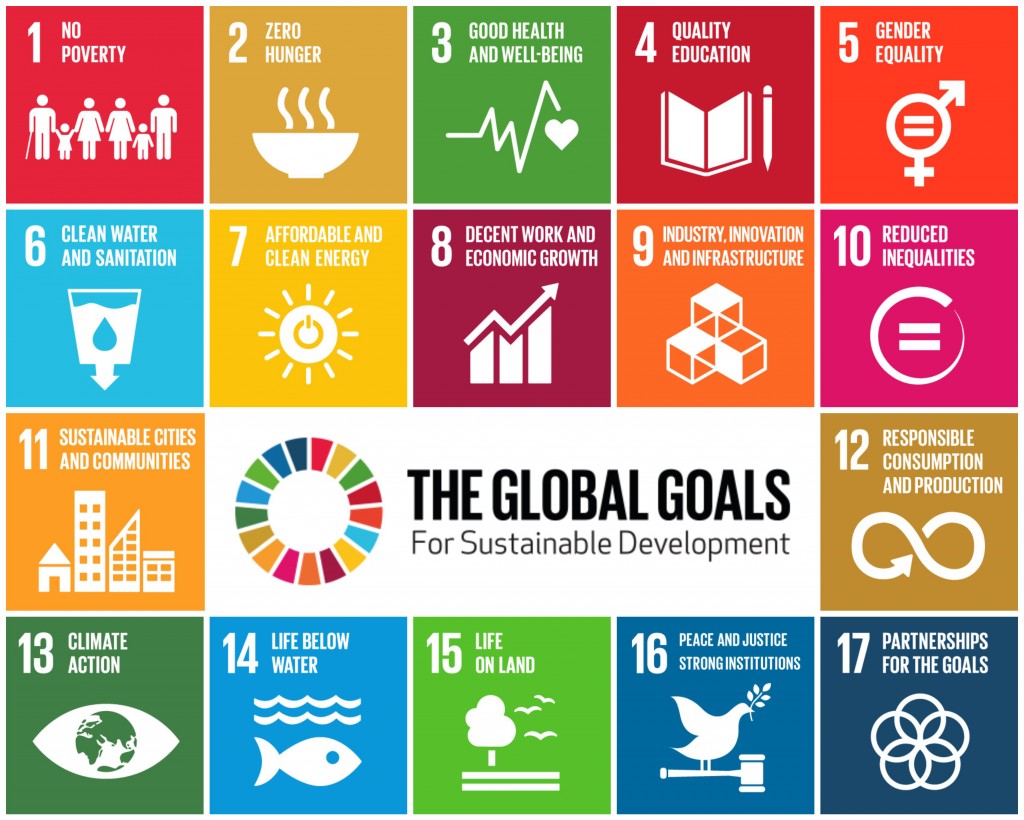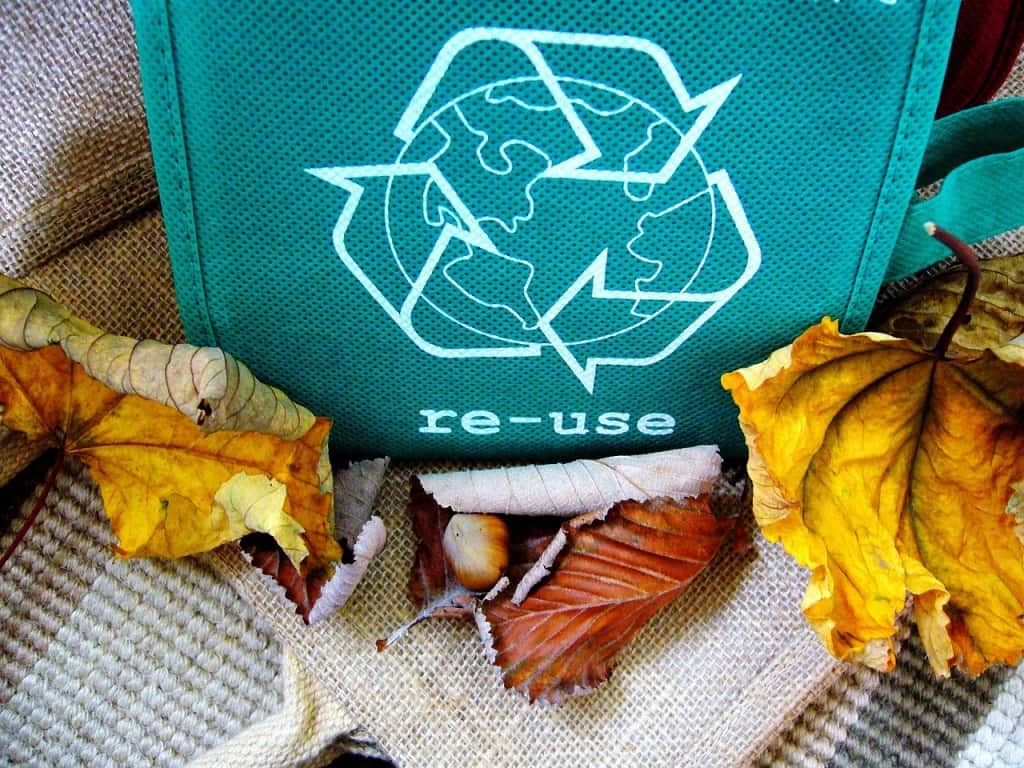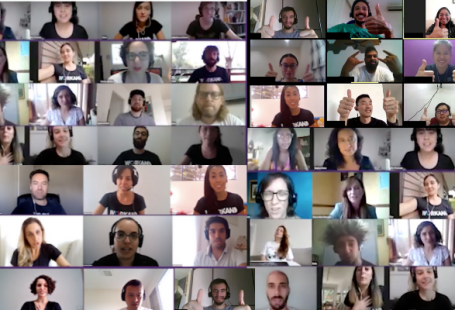In 2016, the United Nations Development Program (UNDP) made an international call for crucial, urgent and pragmatic actions aimed at eradicating poverty, protecting the environment and granting peace and prosperity for everybody by 2030.
These goals were named Sustainable Development Goals (SDG) and every year, more institutions and associations have acknowledged them as the criteria which will steer the decision-making path towards progress.
How do GIG economy, remote work and freelancing relate to SDG?
There are many reasons -economical, environmental and also related to personal development- why the current onsite work paradigm -followed by companies and public policies in most parts of the globe- is not sustainable and basically hinders the realization of SDGs.
Fortunately, there’s plenty of evidence that shows that modifying this paradigm and migrating to new models -such as the use of TIC for remote work and freelancing– is one of the most effective strategies for private enterprises, public sectors and the social fabric on the whole to meet the sustainability goals for the 2030 agenda.

How can we contribute? Which tools have we got to achieve a future of opportunity?
In order to meet SDG, humanity will have to make deep changes in all regards. As from the work trench, private initiative must embrace the virtues of GIG economy and the opportunities brought about by new technologies. It’s our chance to do our bit -we can’t miss it.
Some of the most important SDG whose scope are directly related to the GIG economy are:
1. Tackling climate change and protecting the planet
GIG economy cannot only make better occupational outlook for people but, as we’ll see below, it can also contribute to saving the planet:
- Reducing emissions from transportation and urban crowding If those whose work activity can be done remotely shouldn’t have to commute daily to an office, both traffic and traces of hydrocarbons from transportation would be sharply reduced in cities.
- Decentralizing the major cities: A remote worker has the possibility of moving to less gentrified areas. At the same time, this promotes the agricultural and industrial activity of provinces and helps the local economy to blossom.
- Reducing wasteful consumption: The amount of rubbish and hyper-consumerism from our lifestyle is directly related to an industry of “immediacy”, which results from lack of time for some basic things such as preparing our own meals, fixing instead of dumping, recycling and reusing, etc.

2. Putting an end to poverty and inequality
The simple adoption and promotion of technologies preventing geographic location from being such a decisive factor to access job opportunities helps reduce poverty and inequality.
- Generating work opportunities for everybody: especially for inhabitants from rural areas or locations of difficult access, or those with some disability, or those belonging to a minority or who can’t commute for any reason to a physical office on a daily basis.
- Increasing the level of financial independence: New technologies diversify and make new working alternatives readily available to us, widening the scope of economic growth possibilities for individuals.
- Promotes continuous training and education: People working on quite more flexible work schedules and diverse projects tend to be more willing to take upgrading courses, which results in a virtuous circle of learning opportunities.

3. Ensuring all people enjoy peace and prosperity
Besides its economic and environmental advantages, self-employment and/or remote work also promote better quality of life for people.
- Achieving a work-life balance: When working remotely, we can have more control over our time and priorities.
- Reducing the levels of stress: Remote work can help you avoid many stressful situations, particularly the need to move to overcrowded or unsafe cities.
- Pluralizing diversity and ideas: GIG economy allows companies to make the most of all diversity advantages in their payroll.

Embracing remote work: A way of making a more sustainable world
Granted, we’re all really proud of our platform at Workana, as we’ve committed ourselves to developing a culture of remote work, and results could not be more encouraging.
At present we are the largest community of freelancers in Latin America, expanding our operations to Asia and helping thousands of people to improve their quality of life and their work horizons.
We are confident that working together we can achieve the worldwide goals of welfare and sustainability, but the truth is there’s still a lot to do and GIG economy has to consolidate through a major effort and commitment from all of us. Are you ready to accept the challenge?




